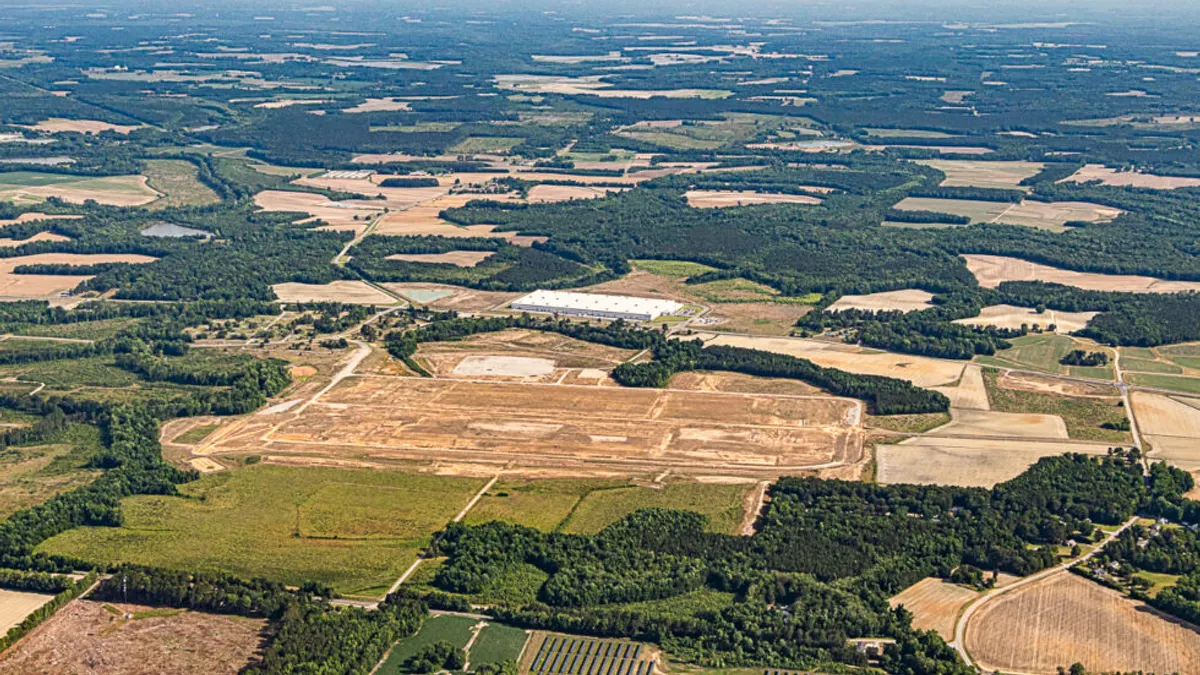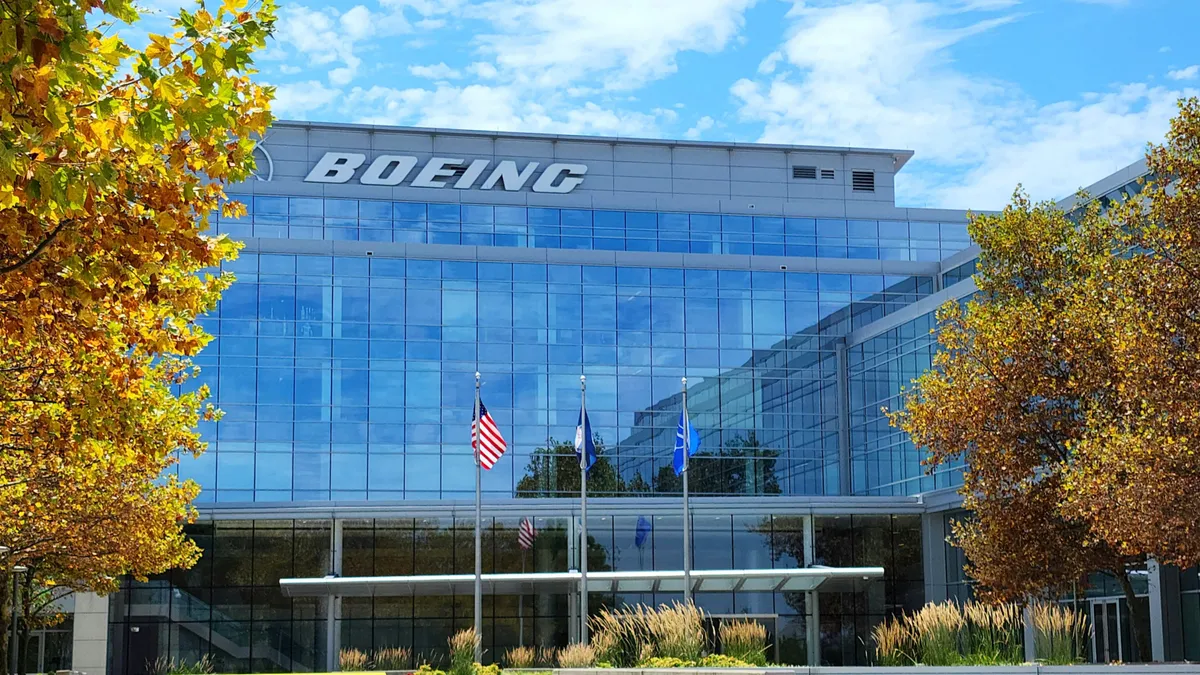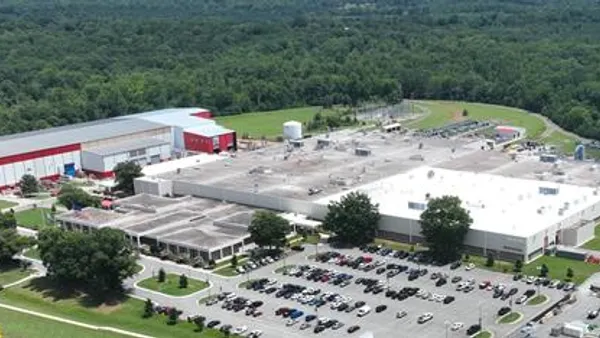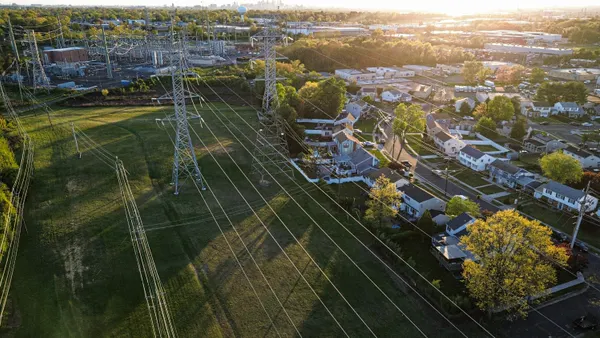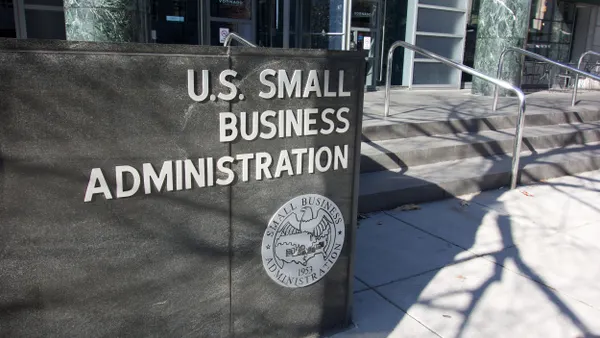Dive Brief:
- Sodium-ion battery manufacturer Natron Energy has ceased operations, according to its website, halting plans for a giant factory in Rocky Mount, North Carolina.
- The Santa Clara, California-based company did not immediately respond to requests for comment about what happened. The Raleigh News & Observer reported that Natron had unresolved funding issues, and investor Sherwood Partners is expected to sell the assets.
- This comes about a year after the battery maker said it would build a gigafactory in northeastern North Carolina with an investment of $1.4 billion, creating more than 1,000 jobs for the area.
Dive Insight:
Beyond the company’s plans for North Carolina, Natron operated two U.S. battery facilities. In a letter dated Aug. 28, the company informed Michigan officials that it would permanently close its facilities in Holland, Michigan, and Santa Clara, California, on Sept. 3, affecting 95 employees across both states.
Prior to the closure, Natron was seeking out capital from new and existing investors, as well as new purchase orders that would have resulted in future revenue, the company said in its letter. However, on Aug. 27, its board of directors determined Natron’s efforts were unsuccessful, sparking the layoffs and ultimate shuttering of the company.
Established in 2012, Natron designed its batteries for a range of customers in the industrial power space, including for data centers, electric vehicle charging, telecommunications and more.
Unlike competing batteries made of lithium-acid or lithium-ion, Natron’s sodium-ion batteries did not require expensive materials such as lithium, cobalt or nickel, according to Natron’s website.They also had a stronger battery life due to its Prussian blue electrode structure, the company said.
The 1.2 million-square-foot plant would have produced 14 gigawatts of sodium-ion batteries in North Carolina, expanding Natron’s production 40 times over. The Michigan location began operations in April 2024.
Typically, companies provide a 60-day notice prior to plant closures. Following this rule would have required Natron to disrupt operations and harm its chances of securing funding from investors and customers, the company said in its letter. Sherwood Partners did not immediately respond to request for comment.
“Accordingly, Natron is providing this notice…as soon as practicable,” wrote Elizabeth Shober, Natron’s head of team and talent.
The closure is the latest among companies looking to manufacture batteries outside of Asia. In June, Oregon-based Powin filed for Chapter 11 bankruptcy and, more recently, sold its assets to FlexGen Power Systems. Sweden-based Northvolt also filed for bankruptcy earlier this year in its home country, citing rising capital costs, geopolitical instability and supply chain disruptions. Several of its assets have since been sold to California-based, lithium-sulfur battery maker Lyten.
Tertiary businesses are also being affected. A Toronto-based, lithium-ion battery recycler, Li-Cycle, recently sold its assets to Glencore via bankruptcy auction after struggling to drum up capital last year.



